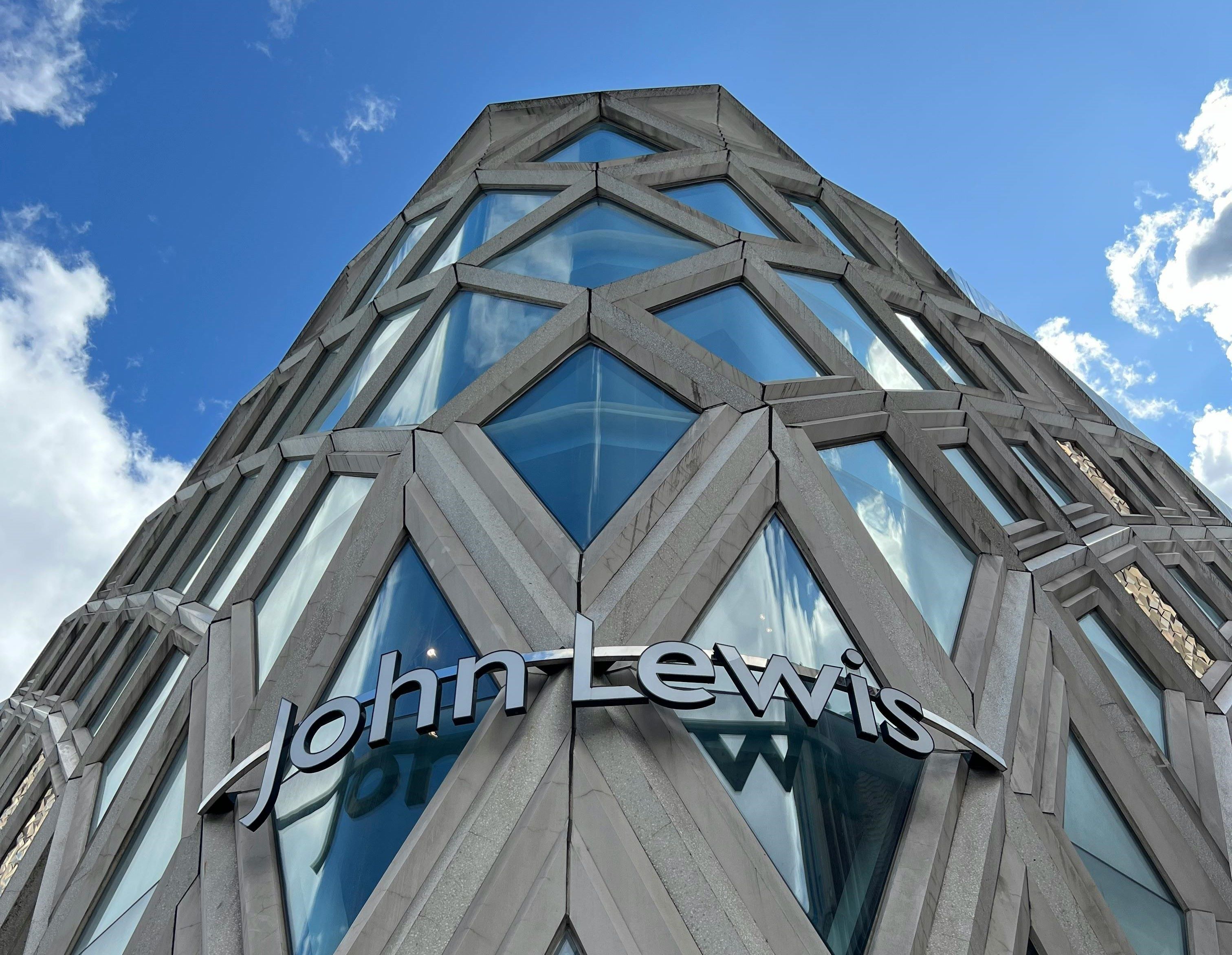Oracle Share Price Analysis: Bearish Phase, Valuation Signals and Bullish Reversal Outlook
$154.97
04 Feb 2026, 11:45

Pexels.com

Nish Kankiwala, the outgoing Chief Executive of the John Lewis Partnership, has labelled the recent UK Budget a "two-handed grab" on businesses. He highlighted the increased costs stemming from changes to employers’ national insurance contributions and the absence of business rates reform. Kankiwala joins a growing chorus of retail leaders warning that these measures will raise costs for businesses and prices for consumers, potentially hindering the high street's recovery.
1. Rising Costs for Retailers
The Budget introduced several measures that will significantly increase costs for businesses:
Kankiwala estimates these changes will cost John Lewis “tens of millions” annually, adding pressure to the business as it seeks to remain competitive.
2. Impact on High Street Retailers
High street retailers are already grappling with challenges such as rising wages, inflation, and competition from online platforms. Kankiwala expressed disappointment that the Budget failed to address the disparity between physical and online retailers, calling for:
These measures, he argued, would benefit not only large retailers but also small and medium-sized enterprises across the UK.
3. Challenges for John Lewis Partnership
Despite these pressures, John Lewis and Waitrose remain committed to minimising the impact on consumers. Kankiwala noted:
John Lewis recently reported its first annual profit after three years of losses, a milestone achieved despite challenges such as the pandemic, inflation, and rising competition.
4. Industry-Wide Concerns
The British Retail Consortium has echoed similar concerns, estimating that the Budget changes could cost retailers £7 billion annually. This burden may lead to job losses and further price hikes, particularly as business rates are expected to cost an additional £140 million annually after April 2024.
While relief is available for smaller businesses, large retailers like John Lewis face higher taxes due to their presence in expensive, central locations.
5. Government Response
The Treasury defended the Budget, stating that “difficult choices” were necessary to stabilise the UK economy and create conditions for long-term growth. However, retail leaders argue that the measures risk stifling recovery and putting additional strain on consumers.
Conclusion: A Call for Balance
The UK Budget’s impact on businesses, particularly high street retailers, has sparked widespread criticism. While the government aims to stabilise the economy, leaders like Kankiwala are calling for immediate reforms to support retailers and reduce the financial strain on consumers. The road ahead for high street businesses will require careful navigation to balance growth, affordability, and competitiveness in a challenging economic environment.
Source: (FT.com)